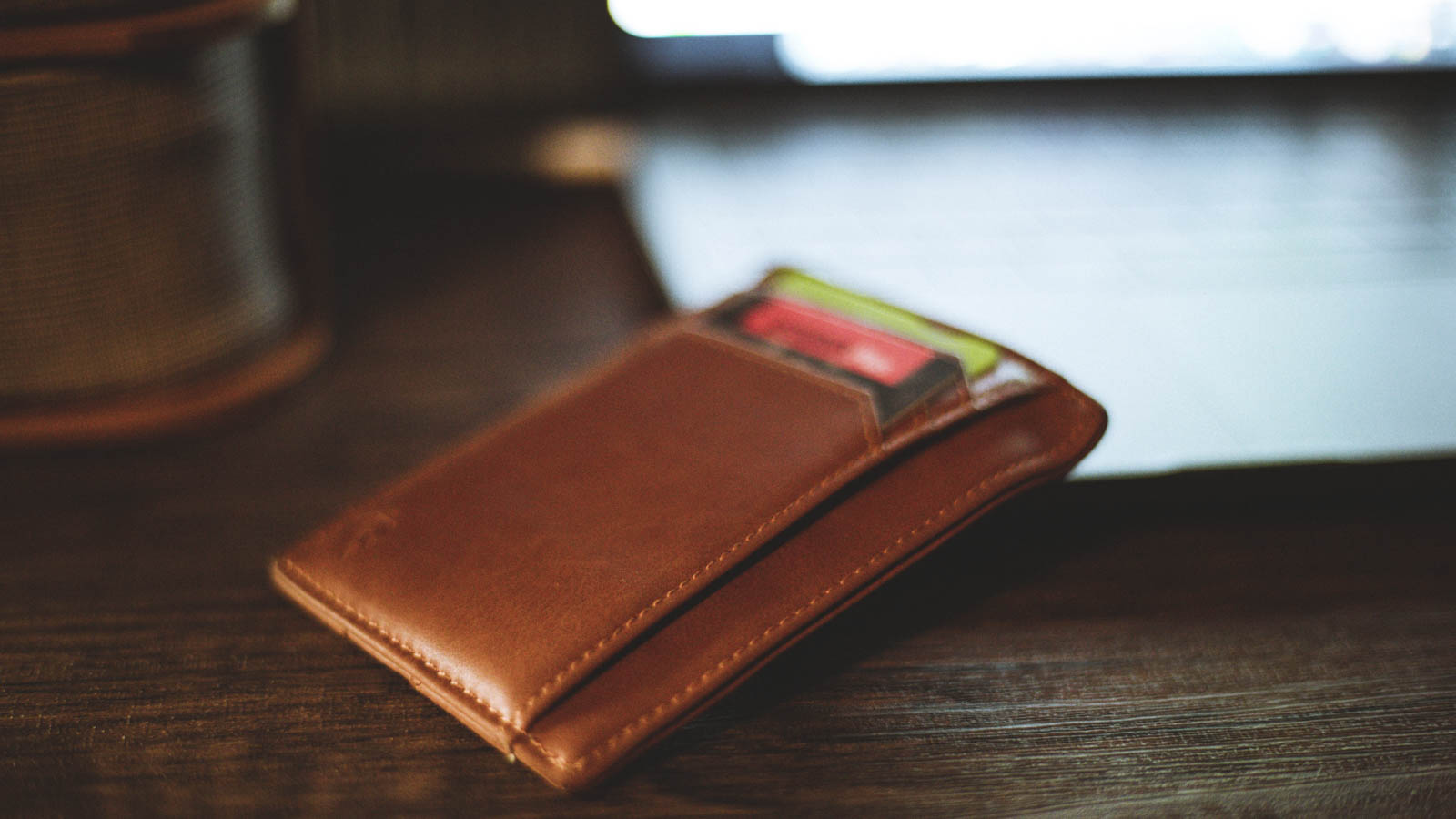Advice and guidance for groups on pre-arrival contact with families
The UK may be very different to the countries that refugee families arrive from, and so, as much as families are relieved and happy to hear they’re going to be resettled here, the idea can also be a little nerve-wracking too. By enabling families to make contact with the Community Sponsorship group prior to their arrival into the UK, we hope that some of these nerves will reduce.
Pre-arrival contact will allow groups and families to start building their relationship with those they welcome much earlier on in the process. It will give families a better sense of what to expect once they arrive, and it will allow groups to feel more prepared in their welcome – as well as giving both group and family the comfort of knowing that meeting at the airport will not be your first ever interaction with each other!
We understand that groups may be wondering how to approach that first conversation with a family you’ve never met or spoken to before. We’ve provided the following guidance on the logistical elements to consider, the questions you’re likely to be asked by the family, and what you as a group may want to ask and share with the family before their arrival.
Logistics to consider
- Consider what phone number and email address to put down as the contact details on your fact sheet. Be mindful that your fact sheet might be shared with others looking for resettlement; will you feel able to answer questions from others?
- Make sure you have WhatsApp, as this is an easy way for families to communicate with groups.
- Consider buying a pay-as-you-go sim card and phone – you can use this phone to communicate with the family, and once the family arrive, you can then provide them with this phone to use in the initial period after their arrival.
- We recommend using the group’s general email address, rather than sharing individual email addresses.
- Have a text message prepared in the native language of the family, so that when the family message you, you’re able to say to them ‘Hello – we will get an interpreter and arrange a time and date to speak!’. If someone in the family cannot read in their own language, then have a voice note ready to send in the language they speak.
- Time difference – this can be an obvious one, but it can also get missed! When explaining to the family what time you will arrange the phone call with them, do make sure to state what time it will be for them in the country they’re in.
Questions the family may ask
- The family may have loved ones they’ll be leaving behind, and so they may ask you about family reunion. We recommend being open and honest about this and explaining that the group have no control or influence over who is resettled to the UK. It’s unlikely they’ll be able to bring their family members to the UK, and so it’s important not to mistakenly give them any false hope on this.
- The family may ask where the nearest place of worship is to the property you’ve secured for them.
- If you’re welcoming a Muslim family, they may ask where they can buy halal food. You can let them know that you’ll show them where their nearest halal shop is, shortly after their arrival.
- The family may ask you about the community they’ll be a part of, and what other nationalities and languages are present in the locality.
- The family may ask you questions to do with departure processes, medical checks with the IOM, or visas – you may not know the answers to these questions, and it’s absolutely ok to say this.
- It’s possible the family may ask you about money. Sometimes refugees have incurred debt while living in host countries, and they may ask for your help to pay these debts off before they leave. As difficult as it may be to say no, we strongly recommend you do not transfer any money to the family.
Questions you may like to ask
You may have lots and lots of questions you want to know but take care not to overload the people you plan to welcome, and finesse your list to those things you will need to know.
- Are there any dietary requirements you should be aware of for the initial shop.
- Are there things that anyone will need on arrival (we’re thinking here of seasonally appropriate clothes).
- If there’s young children in the family, what size nappies might they need?
- How comfortable are the people you will welcome with technology? Are they happy to use a laptop or a tablet?
- What concerns do the family have about the area or move to the UK?
What information would you like them to know?
- You can let the family know you are a group of volunteers who have chosen to help their family resettle to the UK, and it is not something you are paid to do. Be clear that you are not the government.
- You can let them know who will be at the airport to welcome them when they arrive, that you’ll take them to their new home, and how long the journey will be.
- You can explain that the first number of weeks will be really busy but necessary, after which things will start to become a bit more relaxed.
- You can let them know that you’ve received information about them, including medical information. You can let the family know that you’ll make the appropriate medical appointments based on the information given in the health assessment form, and you can ask the family if there’s anything in particular they’d like you to know.
- Remember you can set boundaries during this call as well. So, for example, if the family ask if they can call you again, you can let them know the hours in which they may call you, but also that they will need to message you first so that you can arrange for an interpreter to join the call.






